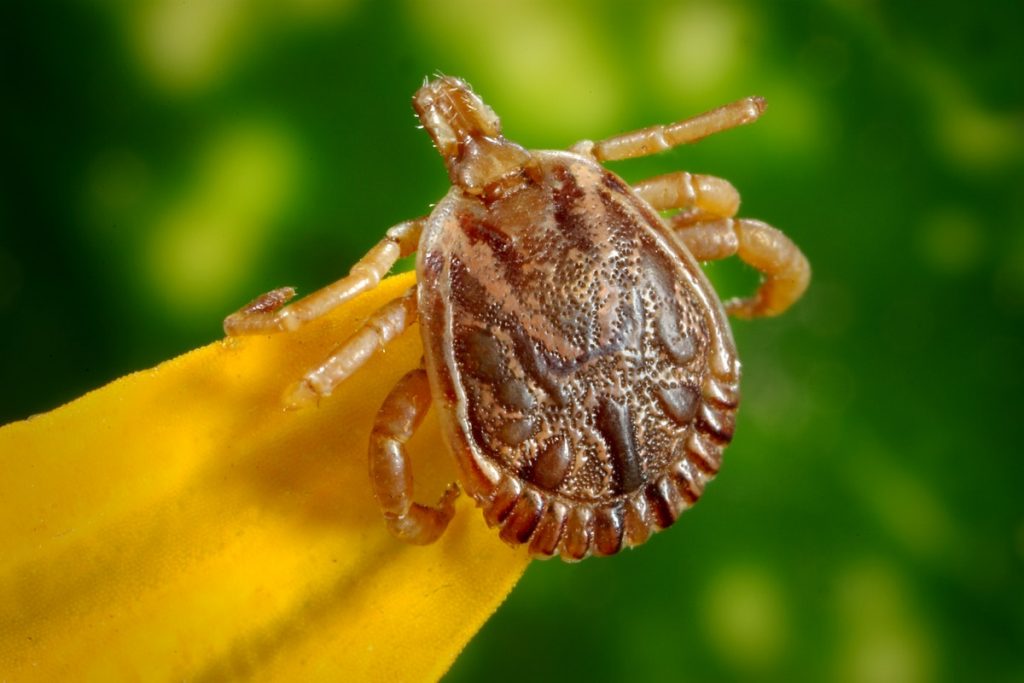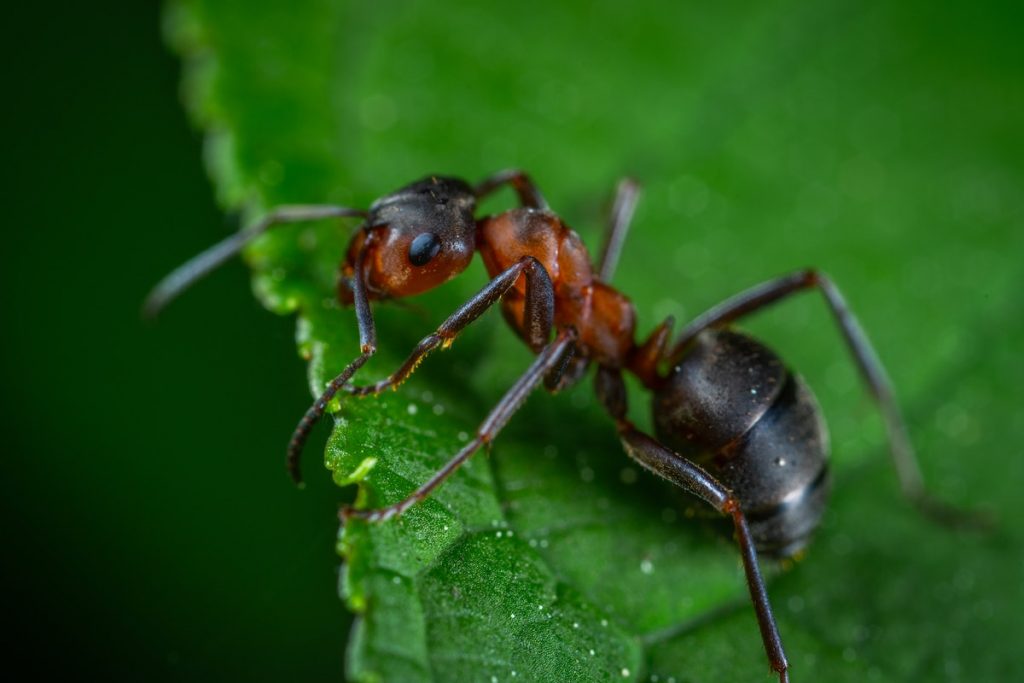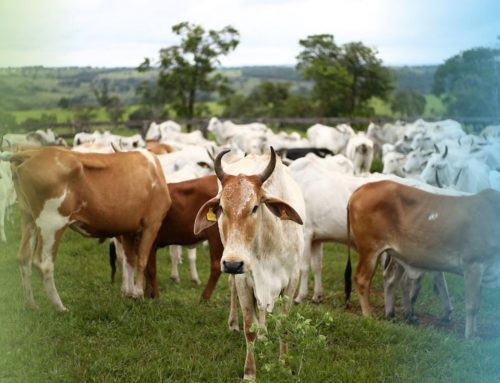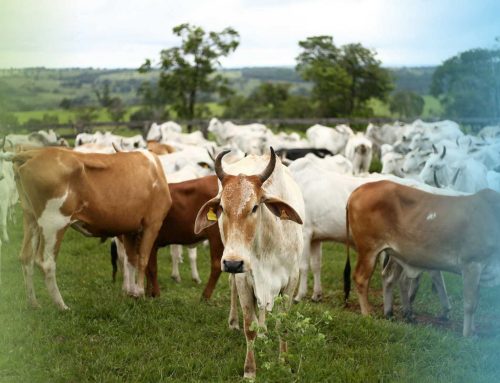A tick is an external parasite that lives on the skin of wild and domestic animals. These live of blood, and feed through a bite they do with their mouth. The negative consequences of these little parasitic enemies are not only for the animals on your farm, but they can also affect you and your family!

About the Tick
In Costa Rica there are two types of ticks: the hard one and the soft one. The former being the ones that have the greatest negative impact on livestock. Normally the life cycle of a tick begins when the female detaches from the animal and falls to the ground to deposit her eggs. Depending on the type of tick, it can lay between 2,500 to 6,000 eggs. Then after an incubation period that varies depending on the climatic conditions, larvae are born that climb to the top of the grass or plants. They wait for the ideal animal to pass to adhere and begin its feeding process. From there the cycle begins again, because once they have fed and grown they reproduce on top of the animal and again the female breaks off to lay her eggs.
Consecuences of the Tick
Because of the way in which these parasites feed, they produce negative effects on the health of the being they are feeding on. Some of its consequences may be …
- Disease Transmission / “Door” for others – although the tick can transmit diseases such as Lyme disease, Tularemia, and more. Most are not infected so biting does not transmit anything. But they can leave an open wound that if it is exposed to another animal with a disease or an infected surface can be an “open door” for it to enter directly into the blood system.
- Blood Loss / Anemia – the tick feeds on blood, and consuming this for a long time from an animal causes a loss of blood that can have consequences such as anemia. In a single animal this does not have aggravating repercussions. But when it occurs in a large population like all your cattle, then there it can already cause a great loss for the farm.
- Decrease in Animal Performance – As a result of the tick bite and its constant feeding, the animal begins to reduce its performance. Due to the aforementioned related to blood loss: milk production can drop by up to 42% and meat can be 4kg less per animal.
- Death of Animals & Increase in Production Costs – The ultimate consequence is the death of animals. This is a direct consequence of the diseases transmitted or other repercussions mentioned above. The increase in production costs has to do with treating the plague, medicine for diseases, or even buying an animal again because another died from a tick bite.
How to control Ticks?

Biological Control: For this type of control species that feed on ticks are introduced on farms. These animals can be birds, ants, wasps, fungi, and entomopathogenic worms.
Immune Control: In this method the vaccine against ticks is used, so that when the parasite feeds on the bovine it ingests antibodies generated as a result of the vaccine that do not allow it to produce eggs or turns them infertile. This type of control requires a lot of order because at the beginning it requires that the animal be bathed constantly, and then these baths are gradually reduced.
Chemical Control: This tick control is done by applying chemical substances to the animal’s skin. This can be done with a knapsack pump, baths, injections, suppositories, and more. This method is the one that is used the most because of how effective it is to kill ticks on the animal. The bad thing about it is that these parasites develop quickly and create a resistance towards these chemicals that causes them to get stronger and stronger. This happens due to the bad application of chemicals.
Other methods …. other forms of management to use that are recommended to be applied in conjunction with their chemical alternatives are paddock rotation, sowing grass against ticks, fertilizing paddocks, avoiding moving livestock without having previously bathed them, and also Buy animals that are known for their resistance to ticks. The integrated management of this pest is to use all the previously mentioned methods in order to obtain better results, it is recommended to proceed in this way to deal with the plague of ticks on the farms.
In conclusion, ticks are a plague with great economic and health consequences. That not only affect animals but also humans. This is why it must be handled with care so that it does not help to generate an adaptation against the techniques implemented against them.








